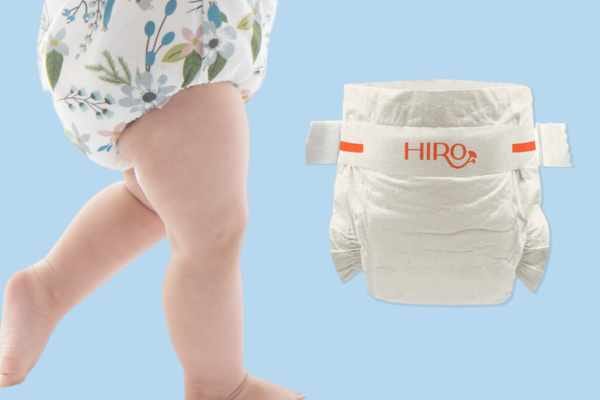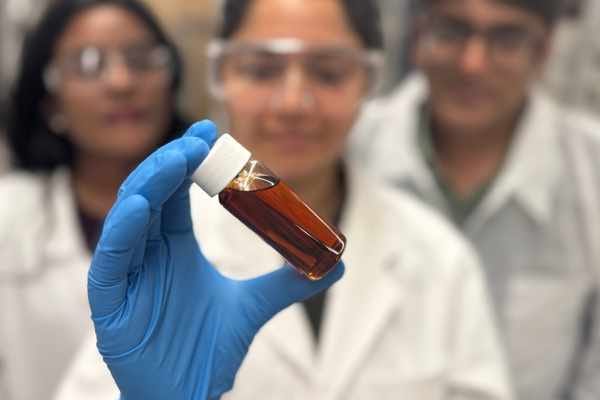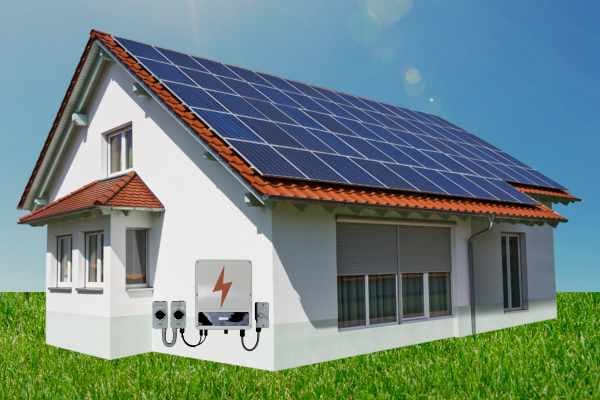The macroalgae that suck up waste
The secret superpowers of these aquatic plants are powering planet-friendly water treatment.

The secret superpowers of aquatic plants are in the spotlight in the search for more planet-friendly water treatment.
Left untreated, the water that leaves our kitchens, bathrooms and laundries poses a threat to freshwater and marine ecosystems.
With this in mind, cleantech innovators are teaming up with multicellular aquatic plants such as seaweed – otherwise known as macroalgae – to help cleanse our wastewater before it heads out to sea.
Around 380 billion litres of wastewater is produced each year by households and businesses the world over, and this figure looks set to rise, according to an Australian company Pacific Bio which is among the pioneers of the macroalgae movement.
Using its RegenAqua process, webs of native green macroalgae that are contained in long, thin treatment ponds hoover up environmental contaminants such as nitrogen, phosphorus and heavy metals before they enter the ecosystem and cause toxic blooms or kill marine life.
Great Barrier Reef to benefit
This type of technology is also much cheaper to construct and operate than conventional engineered wastewater treatment processes, the company says, and is also chemical-free and carbon neutral.
Moreover, once the macroalgae have done their work, Pacific Bio harvests and repurposes them into a natural product that can be used by farmers to produce more resilient crops.
“It is a low cost, zero-carbon solution that captures harmful nutrients and turns them into high crop yielding bio-stimulants via a Pacific Bio product called PlantJuice,” Pacific Bio CEO Sam Bastounas says.
“It is the most carbon efficient wastewater treatment solution in that it both sequesters and abates carbon and is a world-leading circular economy solution.”
In a large pioneering project, RegenAqua has been contracted to help protect one of Australia’s most precious natural assets, the Great Barrier Reef.
The project will see the RegenAqua tech used to remove harmful nutrients in several high-volume sewage treatment plants along the Queensland coast before they enter waterways and pollute the iconic reef.
Success in different climates
Another trial of the tech costing AUD$1.5 million is taking place in the more temperate location of Sydney at the Picton Water Resources Recovery Facility. The trial has so far been described as a great success for reducing bioavailable nitrogen to almost zero, halving aluminium and copper levels, and removing 80 per cent of iron, 70 per cent of manganese, and 90 per cent of zinc.
RegenAqua was created by Pacific Bio and scientists at James Cook University in Queensland. Other innovators in the macroalgae space include Gross-Wen Technologies and Clearas Water Recovery in the US, and the Life Algaecan and MicroAlgae Biorefinery projects in Europe.
Australian of The Year and climate change scientist Professor Tim Flannery describes RegenAqua as a “game-changer for the health of our aquatic environment, with incredible potential for removing harmful nutrients and significantly improving coastal and reef ecosystems”.
“It’s an absolute no-brainer sustainable solution that’s going to change the landscape of industries – for the better,” Flannery says.
"It is the most carbon efficient wastewater treatment solution in that it both sequesters and abates carbon and is a world-leading circular economy solution."
The tech
Developed over ten years at James Cook University, RegenAqua’s macroalgal bioremediation technology uses seaweed and macroalgae combined with sunlight to naturally remove contaminants such as phosphorus and nitrogen. Using macroalgae endemic to the region, the technology sequesters CO2 as the algae grows and naturally disinfects the water using sunlight. Its long ponds – or raceways – are designed to be space efficient and to also optimise the uptake of nutrients through the water using wheel paddles. The modular design allows for staged construction and expansion.
Who funds it:
Pacific Bio is based in Australia and has collaborated with James Cook University in Queensland on its RegenAqua tech.
Is it ready to roll:
RegenAqua projects are underway to protect the Great Barrier Reef in Queensland and another trial is underway in Sydney, Australia.





